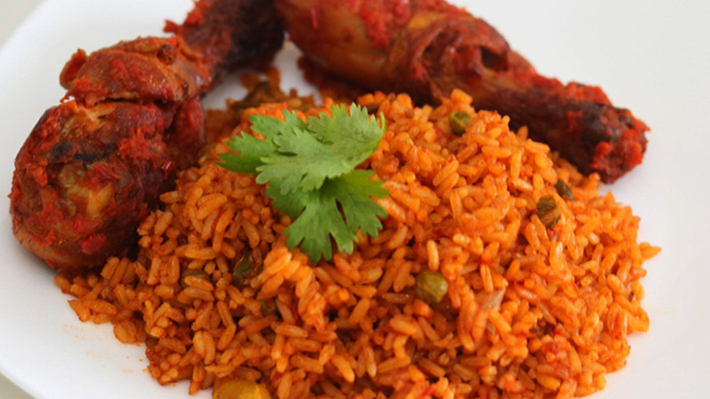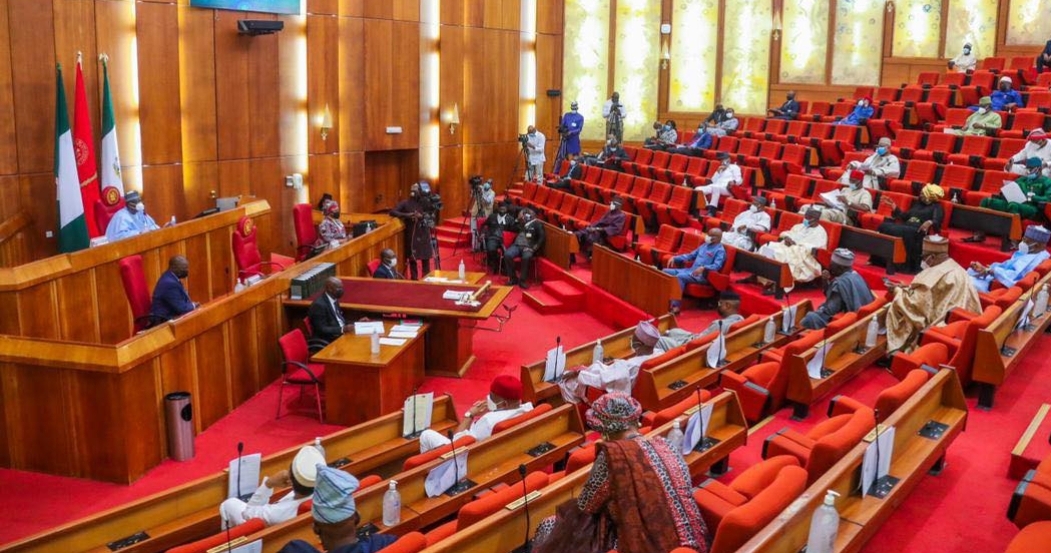Cost of making jollof rice rose 75.4 per cent in four years — Report

The cost of making Jollof rice has risen significantly in the last four years, a survey released Monday found.
SB Morgen, a strategic intelligence analysis firm, said in its third-quarter 2020 Jollof Index that it will cost a Nigerian household N7,167 to make a pot of jollof rice in September 2020.
This represents a 75.4 per cent increase from July 2016 when it cost an average N4,087 to make the fragrant delicacy for a family of six, SBM found.
SBM Intelligence, which explains food inflation using a pot of jollof rice, disclosed that a nationwide sampling of ingredients for the staple food is done on a monthly basis in 13 markets across the six geopolitical zones.
“These prices are averaged up for a pot of jollof rice for a family of five or six people in each market, and the figures derived are used as a proxy for food inflation across the country”, it says.
The survey also found that households in Awka — aided by subsistence farming — paid the least amount to make a pot of Jollof rice for a family of six within the months under review.
“A pot of Jollof rice for a family of six is cheapest in Awka and most expensive in Wuse II. While that pot goes for N5,620 in Awka, the same will go for N9600 in Wuse II.”
SBM identified inflation, high cost of transportation occasioned by the hike in petrol prices and increased extortion by security agents along transport routes as drivers of this increase.
Nigeria’s inflation rate soared to 13.71 per cent in September 2020, the highest ever recorded since March 2018.
Food inflation stood at 1.88 per cent in September 2020 — an increase from 1.67 per cent in August, a report by the National Bureau of Statistics stated.
Peoples Gazette learnt that food items such as bread and cereals, fish, potatoes, yam & other tubers, meat, oil and fats and fruits recorded the highest increase.
The NBS also stated that while 68 per cent of households in the country experienced food insecurity in August 2020, 51.3 per cent of Nigerians have borrowed to buy food since March 2020.
We have recently deactivated our website's comment provider in favour of other channels of distribution and commentary. We encourage you to join the conversation on our stories via our Facebook, Twitter and other social media pages.
More from Peoples Gazette

Politics
Katsina youths pledge to deliver over 2 million votes to Atiku
“Katsina State is Atiku’s political base because it is his second home.”

NationWide
National Assembly to organise summit on aviation sector
He said that the summit would address challenges in the aviation sector to proffer solutions to them.

NationWide
CDS Musa calls for stronger military, NIA collaboration to tackle insecurity
The CDS commended the NIA boss for his exemplary leadership and commitment to national service.

NationWide
Don’t give up on Nigeria, Fayemi begs citizens
“The task of nation-building is not a one-off or static exercise, but is rather a dynamic and permanent work in progress.”

States
Workers are hungry; reinstate wage award: Anambra TUC tells Gov. Soludo
Mr Ogbonna said that both the state and the federal governments need to hasten the process of workers’ salary adjustment.

Heading 4
Lagos police identify officer who shot man dead at fuel station
“Investigation is still ongoing and further findings will be made available, ” he said.

Anti-Corruption
Kano govt. nabs three senior officials for collecting bribes to secure citizenship for illegal migrants
“We will keep interrogating them and at the end, if found wanting, they will be prosecuted.”








